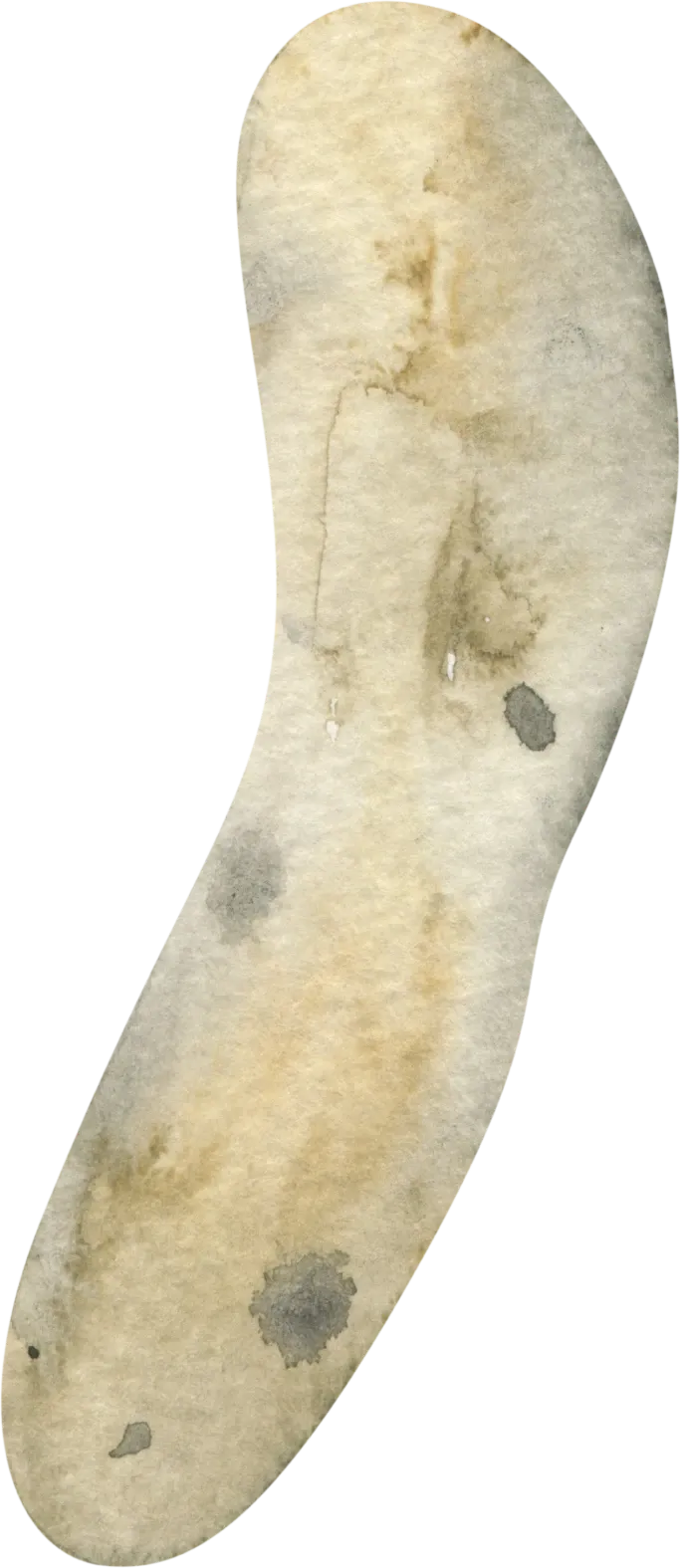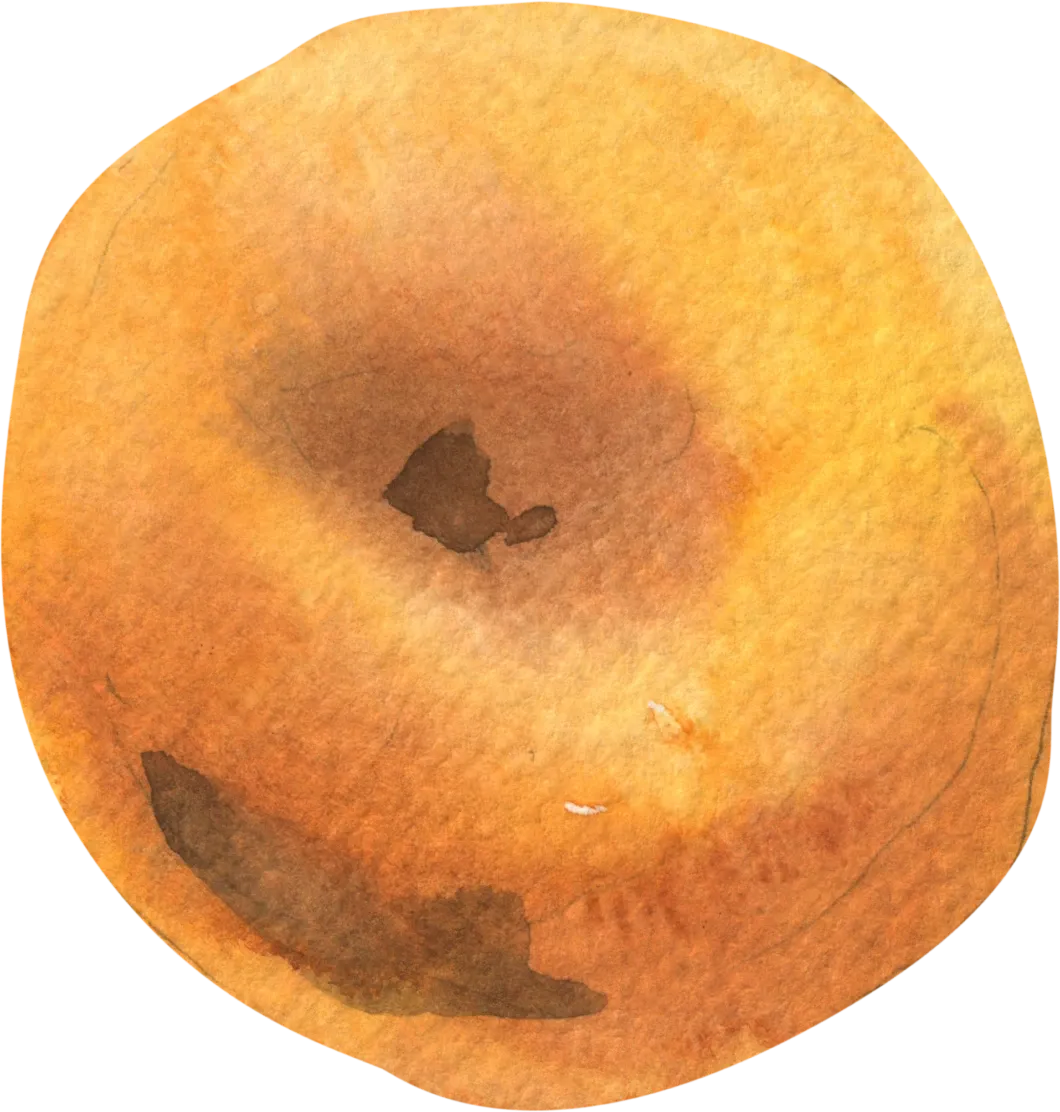The Health Benefits of Yucca: A Starchy and Nutritious Root Vegetable
Introduction
Yucca, also known as cassava, is a starchy root vegetable commonly used in Latin American, African, and Caribbean cuisines. With its neutral flavor and versatility, yucca can be boiled, fried, or mashed to create a variety of dishes. Beyond its culinary uses, yucca is packed with essential nutrients, making it a valuable addition to your diet.
Health Benefits of Yucca
- Promotes Digestive Health
Yucca is a good source of dietary fiber, which supports healthy digestion by promoting regular bowel movements. Including fiber-rich foods like yucca in your diet can help prevent constipation and improve overall gut health.
- Rich in Antioxidants
Yucca contains antioxidants like vitamin C and phenolic compounds, which help protect the body from oxidative stress. These antioxidants work to neutralize free radicals, reduce inflammation, and lower the risk of chronic diseases.
- Supports Energy Levels
As a starchy root vegetable, yucca is rich in complex carbohydrates, which provide a steady source of energy. This makes it an excellent food for individuals with active lifestyles or those looking for sustained energy throughout the day.
- Boosts Immune Function
Yucca is high in vitamin C, an essential nutrient for maintaining a strong immune system. Regular consumption of vitamin C-rich foods like yucca helps protect the body from infections and supports faster recovery from illnesses.
- Supports Bone Health
Yucca contains important minerals like potassium and manganese, which are essential for bone health. These minerals help strengthen bones and reduce the risk of bone-related conditions, such as osteoporosis.
Creative Ways to Enjoy Yucca
Yucca is a versatile root vegetable that can be prepared in a variety of ways:
- Boiled: Boil yucca and serve it with garlic sauce or dip for a simple, nutritious side dish.
- Fried: Fry yucca into crispy fries as a starchy alternative to potato fries.
- Mashed: Mash boiled yucca for a creamy, fiber-rich substitute for mashed potatoes.
- In Soups: Add yucca to soups and stews for a hearty, starchy base that thickens the dish.
- In Cassava Flour: Use cassava flour, derived from yucca, as a gluten-free alternative in baking and cooking.
Conclusion
Yucca is more than just a starchy root—it’s a nutrient-dense vegetable that provides a host of health benefits. From supporting digestive health and boosting energy levels to promoting immune function and bone strength, yucca is a versatile and healthy addition to your diet. Whether boiled, fried, or mashed, yucca is a delicious way to enjoy a hearty, nutritious meal.
FAQs About Yucca
- Is yucca good for weight loss?
Yucca is high in carbohydrates, so it should be consumed in moderation if you are looking to manage your weight. However, its fiber content can help promote fullness and reduce overeating.
- How should I store yucca?
Store raw yucca in a cool, dry place, similar to how you would store potatoes. Once peeled, store it in the refrigerator for up to two weeks.
- Does yucca lose nutrients when cooked?
Yucca retains most of its nutrients when boiled or steamed. Frying it may add extra calories and fat, but yucca still remains a nutritious option.
- Is yucca AIP diet compliant?
Yes, yucca is compliant with the AIP diet and can be enjoyed by those following the autoimmune protocol.
- Is yucca Low-FODMAP?
Yucca is not considered Low-FODMAP and may cause digestive issues for individuals with sensitive digestion or IBS.
- Is yucca Low Histamine?
Yucca is generally considered low in histamine, making it a suitable option for individuals with histamine intolerance.
- Is yucca Keto-friendly?
No, yucca is high in carbohydrates and is not suitable for a keto diet. However, it can be enjoyed in moderation on a balanced low-carb diet.
Recipes
Check out our meal planning service by following these recipes:









